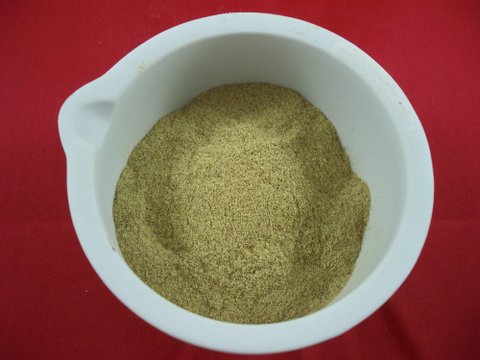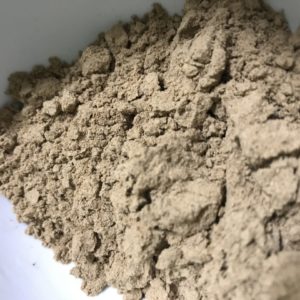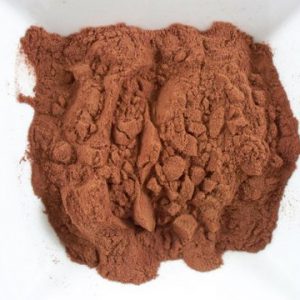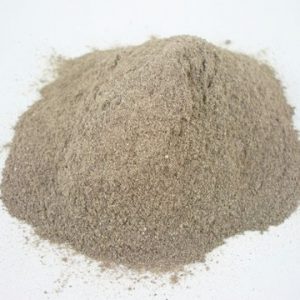Description
Licorice Root Organic Powder.
Liquorice root powder.
Glycyrrhiza Glabra
Active: Glycyrrhizin.
ORIGIN: CHINA
FAST DELIVERY – Normally 6 – 8 days nationally.
Herbalists may utilise Licorice with conditions including Addison’s disease, autoimmune diseases, chronic skin conditions, arthritis, rheumatism, Crohn’s disease, peptic ulcers, ulceration of the mucosa, reflux, respiratory conditions and high cholesterol. Glycyrrhizin, the active constituent of licorice root may lower the liver marker ALT. ALT is a measure of necrosis and inflammation. Hepatitis C virus (HCV) causes inflammation of the liver elevating ALT marker.
Licorice, carnosine and zinc For REFLUX.
Zinc is a critical component to a number of physiological processes in our bodies. Some of these functions include growth and metabolism of cells, healing of wounds, and maintenance of carbohydrate and lipid metabolism. When zinc is complexed to L-carnosine, it dissociates in the stomach at a much slower rate. This prolonged presence in the stomach allows it to maintain its gastric healing effect over a longer period of time. Zinc/L-carnosine may also help maintain the bacterial balance of the stomach and GI tract. Studies suggest that the zinc/L-carnosine compound may have effects on certain strains of harmful bacteria, such as h. pylori, and, therefore, is able to help maintain a GI environment that is favorable to health. By supporting the bacterial balance in the stomach, it can also help maintain a healthy mucosal lining.
A randomized, multi-center, placebo-controlled, double-blind study observed 299 patients suffering with symptoms of gastric discomfort. These patients were randomly allocated to receive either: 1) a zinc/L-carnosine complex or a placebo or 2) a control drug or its placebo for eight weeks. Improvement ratings for a range of symptoms were taken at various points during the trial and compared with pre-treatment data. Of the 258 who completed the trial, 136 were in the zinc/L-carnosine group. After eight weeks, 92% of the group were rated as “moderately improved” or better across the category of symptoms, including heartburn, tenderness, epigastric pain, diarrhea, and constipation.
In another eight-week study, 28 patients with gastric discomfort were given a zinc/L-carnosine compound and monitored. Improvement was rated on a scale of subjective and objective symptoms. After four weeks, 68.4% were considered to be “significantly improved.” After eight weeks, the “significantly improved” rating was 68.8%. Over 60% of these patients remained in the “significantly improved” category well after the treatment was discontinued, suggesting a lasting effect of the zinc/L-carnosine compound beyond the time it is taken.





